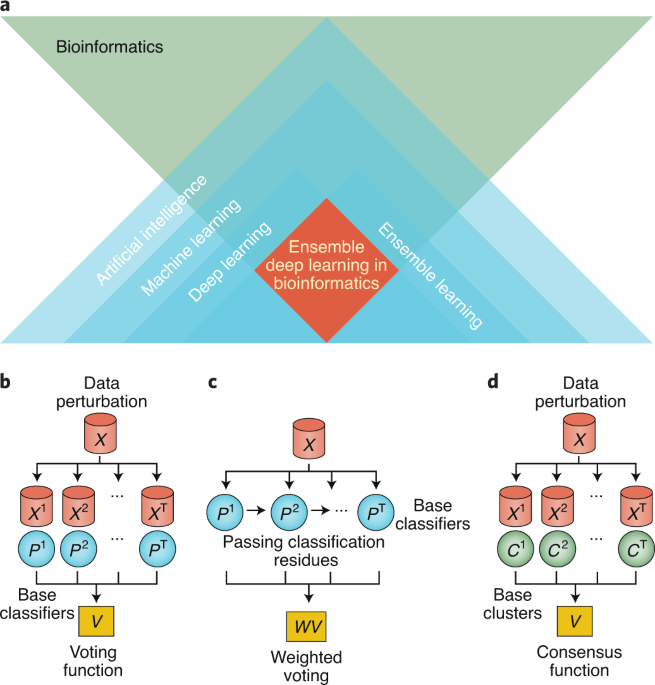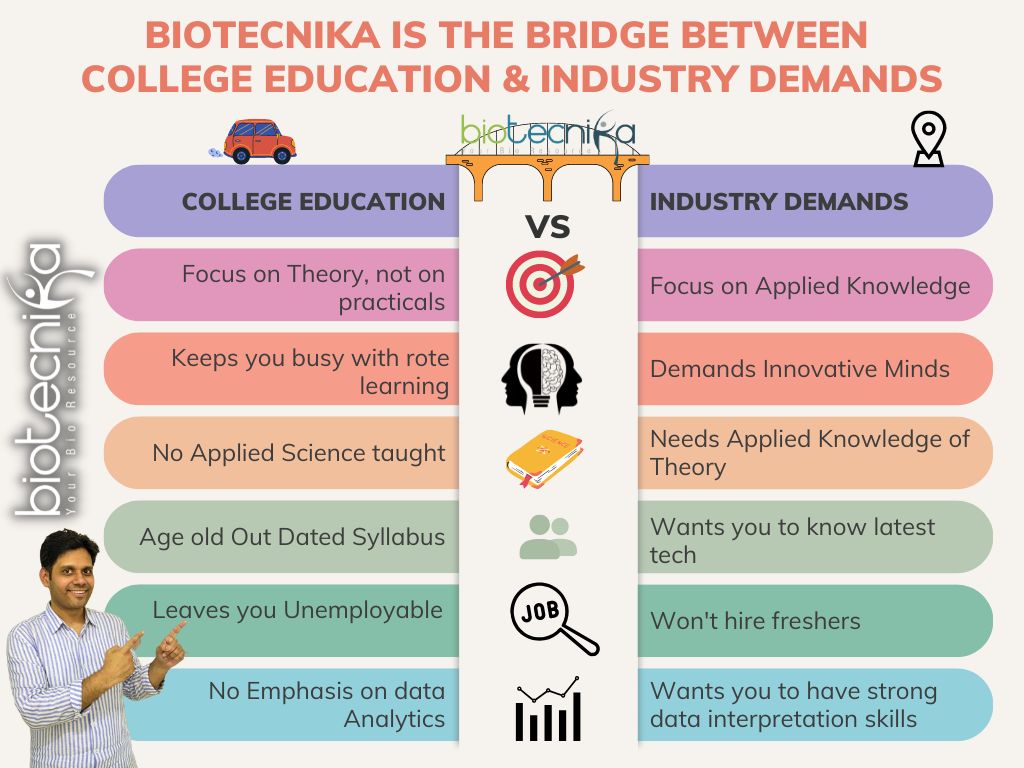Facts About Bioinformatics Tutor Revealed
Facts About Bioinformatics Tutor Revealed
Blog Article
Bioinformatics Tutor for Dummies
Table of ContentsSome Ideas on Bioinformatics Tutor You Should KnowThe 15-Second Trick For Bioinformatics TutorThe Main Principles Of Bioinformatics Tutor Top Guidelines Of Bioinformatics TutorGetting The Bioinformatics Tutor To Work
Of the total individuals associated with the training, 80% were pupils from public college organizations, while the remaining 20% came from personal establishments. To qualify for a certificate of engagement, pupils were called for to go to at least 90% of the complete training hours. As an outcome of this demand, a remarkable 95% of the individuals effectively gotten their certifications, having not only fulfilled the minimum attendance standards yet likewise completed all appointed activities throughout the training.
During the elevation of the COVID-19 pandemic, specifically in between June and August 2020, the job team was entrusted with organizing specialized training in bioinformatics. This training was specifically focused on students from the research study team Center for Research in Applied Computer at the Federal University of Pará (UFRA) The adjustment to remote understanding systems as a result of the pandemic produced a chance to explore new mentor techniques and digital devices that boosted both reach and efficiency.
To react to the growing demand in the computer and life sciences fields, an innovative training course was presented in 2020 labelled Intro to Artificial intelligence. This training course was created to supply an accessible yet comprehensive introduction of Expert system strategies, especially as used in bioinformatics. The program was brought out over 3 months, from October to December 2020, and was delivered entirely online with the Google Meet platform. This online format allowed engagement from pupils throughout Brazil, several of whom may not have had the possibility to participate in in-person sessions.
Everything about Bioinformatics Tutor
Approximately 50% of the complete training hours were committed to sensible tasks where pupils developed smart versions and applications in a range of scientific domain names, including genetics, molecular biology, and environmental data evaluation. These platforms allowed trainees to engage in real-time data control, design training, and algorithm trial and error.
The course brought in 80 participants in total. Sixty of them were connected with numerous greater education establishments in the state of Pará, while the continuing to be twenty originated from establishments situated in five various other Brazilian states. This wide geographical representation highlighted the nationwide interest in bioinformatics and the growing need for specialized abilities in this location. By presenting Expert system in a sensible and relevant context, the campaign offered to bridge the void in between concept and real-world application, supplying students with a strong foundation for future research study or employment in the area.
The training campaign formed component of a wider academic outreach effort referred to as the Bioinformatics when driving project. This project has, over the years, presented lots of pupils to the world of bioinformatics and computational biology. The occasions held under this umbrella initiative have taken location throughout multiple areas and years, as summed up in Table 1 (Listing of events, locations, years, and complete varieties of students and teachers)
One of the most amazing outcomes of the Bioinformatics on the Road campaign has actually been its payment to the development of decentralized research teams. Numerous of these groups, initially united by their involvement in training occasions, have since gone on to generate independent clinical research in partnership with regional scholastic establishments. The training not only fostered scientific reasoning within the context of bioinformatics yet likewise stimulated joint relationships that expanded beyond the training environment. These collaborations have directory actually caused boosted neighborhood scientific performance and contributed meaningfully to the development of the wider bioinformatics neighborhood in Brazil.
Bioinformatics Tutor Fundamentals Explained
The project itself was conceived and arranged by megabytes and RR, that oversaw the preparation and application of each action. Lectures were provided by a multidisciplinary group containing megabytes, FA, EF, KP, JS, DM, SN, LP, LG, AIR CONDITIONING, IH, and RR. The very same team, excluding IH and RR, additionally acted as tutors for the functional training modules. Financing for the job was supplied through the grant 88887.200562/ 2018-00 from CAPES. The writers prolong their appreciation to everyone that contributed to the realization of this task, whether straight or indirectly, since its creation.
The Federal University of Pará's Office of Study (PROPESP/UFPA) also provided financial assistance, specifically for the manufacturing of the last manuscript. The authors declare no financial or business disputes of interest that can have influenced the research study. Furthermore, all viewpoints and interpretations revealed in this post are exclusively those of the writers and do not always reflect those of their respective institutions, the publisher, editors, or customers included in the publication process.

Not known Details About Bioinformatics Tutor
From a pedagogical viewpoint, the mentor strategy utilized in the training was intentionally interactive. Courses were performed in a manner that urged trainee participation and discussion, exceeding memorizing memorization to discover exactly how concepts are created, used in every day life, and tested in academic setups. The educational philosophy focused on nurturing both solid and having a hard time trainees, supplying personalized assistance, and building self-confidence via sustained mentorship and patience.

Each group, being composed of about 36 participants, was supported by three advisors-- the majority of whom were postdoctoral scientists with customized knowledge. These advisors not only helped create the team projects yet likewise facilitated their execution, making certain that each research study concern was both properly difficult and relevant. The objective was to supply a naturally realistic context that individuals can discover with open-ended goals and accessibility to curated datasets.
For additional insights into the method and end results of this project-based discovering strategy, readers are guided to S1 Text, that includes detailed summaries of the pedagogical framework, analysis strategies, and project motifs used in the training sessions.
9 Easy Facts About Bioinformatics Tutor Explained
Of the overall participants included in the training, 80% were students from public greater education and learning organizations, while the continuing to be 20% came from exclusive institutions. To qualify for a certificate of engagement, pupils were needed to participate in at the very least 90% of the complete training hours. Especially, beyond the trainees who signed up in the training sessions, 7 skilled trainers took part in delivering the programs, while 3 dedicated research study professors worked with the overall training procedure. Around 50% of the complete training hours were pop over to this site devoted to functional activities where pupils constructed intelligent versions and applications in a variety of clinical domain names, including genetics, molecular biology, and ecological information evaluation. The training not only fostered scientific reasoning within the context of bioinformatics however additionally triggered joint relationships that extended beyond the training atmosphere.
Report this page